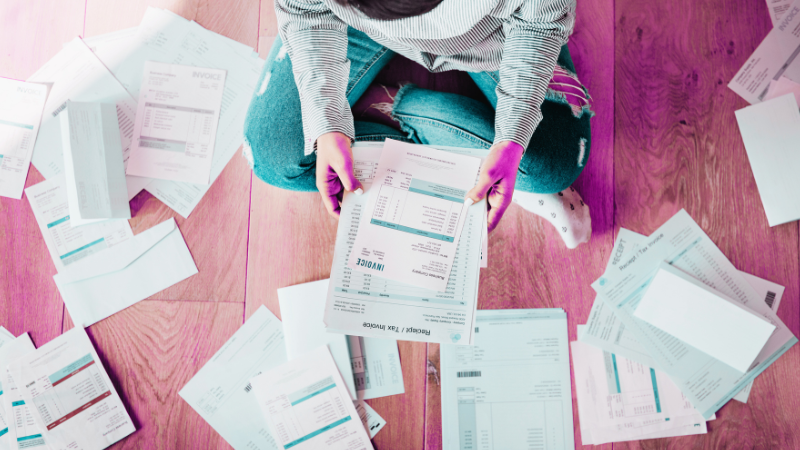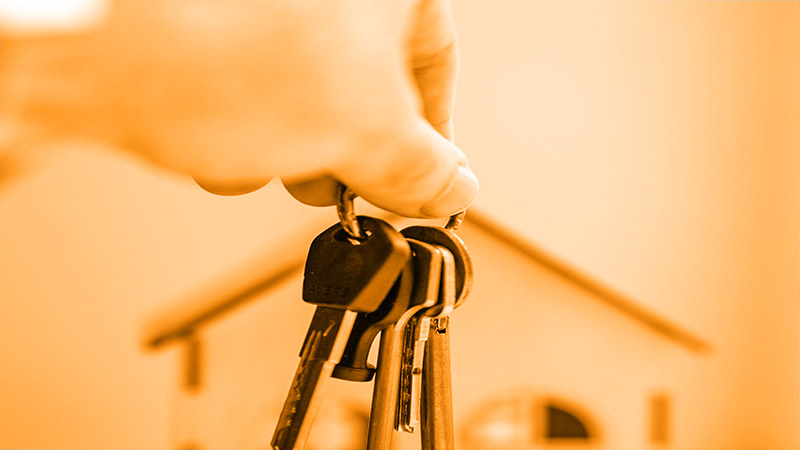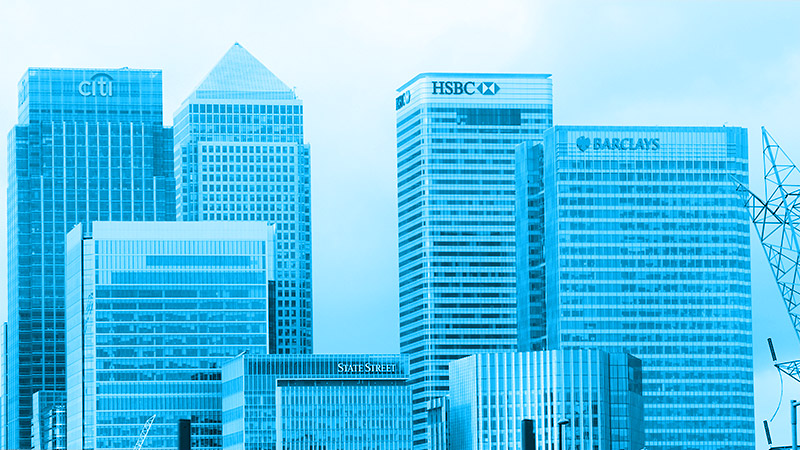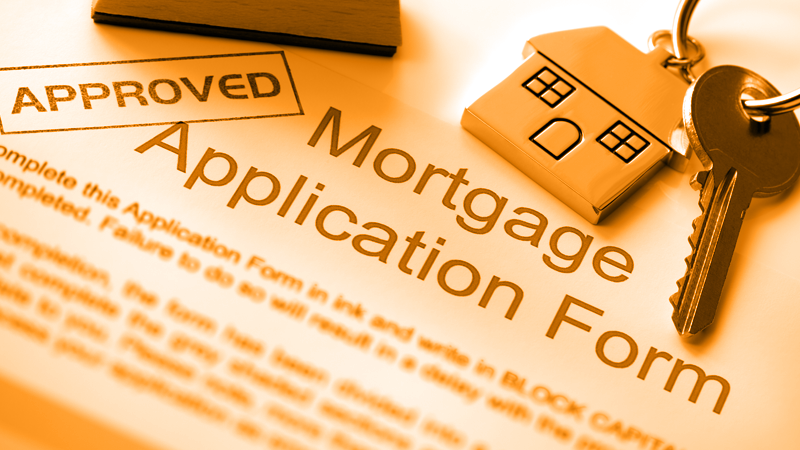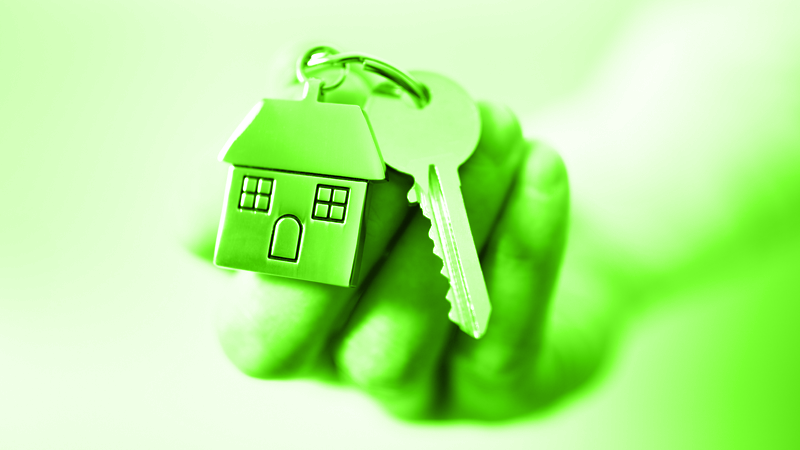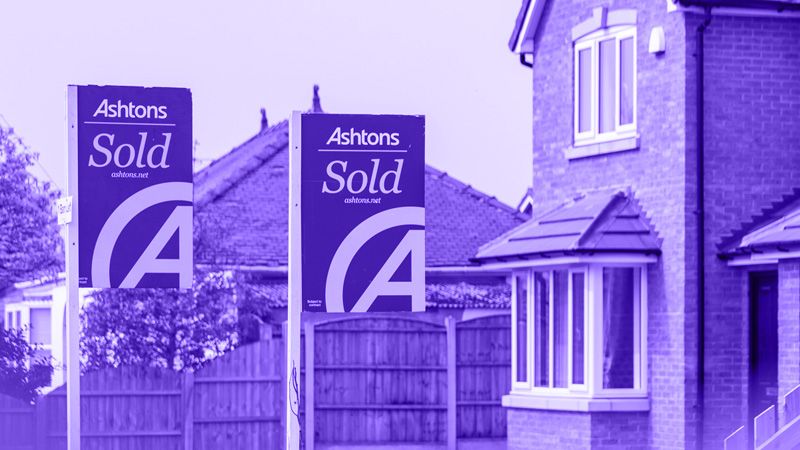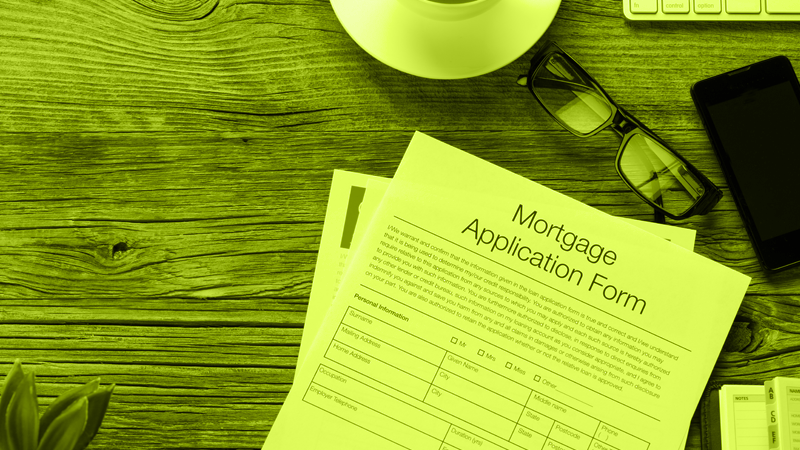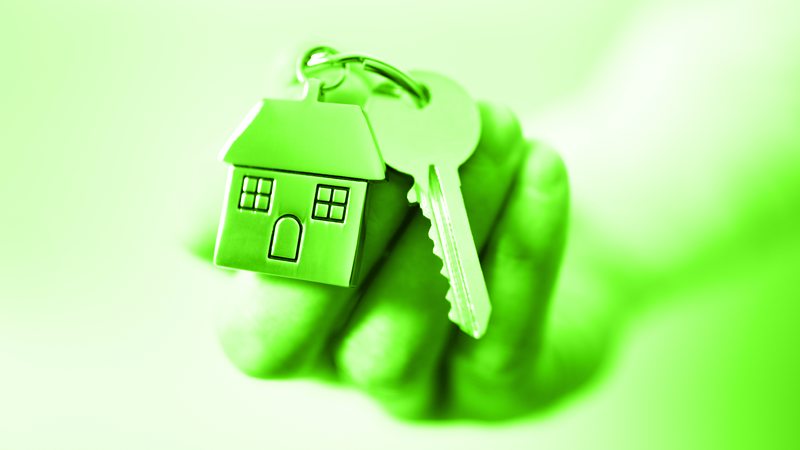If there’s ever a time in life when it’s important to prove yourself, it’s when trying to purchase property.
Mortgage providers in the UK will want to know everything about the property you’re interested in and everything about your finances too.
Enter the ever-important bank statement.
A large part of the mortgage application process is documentation. And it will feel like there’s piles of it.
Whether you’re using a mortgage broker/advisor or approaching the mortgage provider directly, you’ll need to gather documentation to provide evidence of your financial situation.
One of the best tips when buying property is to ensure that you have all your documents organised before you make the initial application. This will smooth the process and speed things along.
According to the UK Government’s website providing advice on How to Buy a Home, you’ll need to provide several documents to get the process started, including those that help prove who you are and what sort of income you receive.
Documents Required When Buying a House
It stands to reason that UK mortgage providers aren’t keen to hand over hundreds of thousands of pounds to someone who cannot repay the amount.
Therefore, they require several documents proving you can afford to repay the loan comfortably without putting your cash flow situation under duress.
Below is a list of documents you’ll be expected to provide when applying for a UK mortgage.
Importance of Bank Statements
Your bank statements are some of the most important documents you will provide when applying for a UK mortgage.
Bank statements prove more than just your income. Bank statements give lenders a better idea of your financial situation by also indicating what amounts go out of your bank account each month.
When purchasing a property, mortgage lenders in the UK usually request up to 6 months’ bank statements.
If you’re purchasing the property as a business, you may need to provide up to 12-24 months of bank statements and financials.
In addition to proving your income and expenses, your bank statements are also used to prove you have the deposit required to purchase the property.
This can be bank statements from your personal account, savings account, or investments.
If you’re receiving the deposit money as a gift, you will need to complete a form noting the gift and possibly even provide the bank statements of the person offering the deposit as a gift.
Other Documents to Provide When Applying for a UK Mortgage
- Valid ID, which can be your ID, driver’s license, passport, or EEA member state ID card.
- Proof of income, which can be your last 3 payslips, tax return documents, or your P60 form from your employer. If you have proof of commission or overtime, it’s important to include this too. If you happen to receive other forms of income through freelancing or a side hustle, you should also indicate this as it all works in your favour for proving affordability.
- Proof of address, which can be a recent utility bill (no older than 3 months), bank statement, or your driver’s license. You can’t use your mobile phone bill as proof of address.
It’s also a good idea to check your credit score before you process your first application so that you know what lenders will be thinking when approving or denying your mortgage application.
Your credit score can directly impact the interest rate you’re offered.
Documents Required When Remortgaging Property in the UK
If you have an existing mortgage that you’d like to remortgage, you will need to provide additional documentation as follows:
- Proof of identity
- Proof of income
- A current mortgage statement from your mortgage provider
If your financial situation has changed since your mortgage was first approved, the new mortgage provider will be interested in knowing the details of this.
Also, if you’ve changed jobs, become self-employed or started a business, this is of interest to providers when you choose to remortgage your property.
ID Checks When Purchasing Property in the UK with a Mortgage
You’ll need to prove your identity when applying for a mortgage in the UK.
You may think it’s as simple as providing a copy of your driver’s license, passport, or similar document to your mortgage provider, but it’s more than that.
UK mortgage providers, lawyers, and estate agents are legally required to verify your identity at various stages during the transaction. This is done to prevent fraud and money laundering.
Along with your ID, you’ll need to provide your bank statements to verify your source of funds.
Several people will check that the information is legally valid and that your transaction is safeguarded.
What Documents Are Required for a UK Mortgage if You’re Self-Employed?
If you’re self-employed, you’ll be bound by the same conditions as other applicants. Some mortgage providers in the UK may require you to provide more bank statements.
There’s a misconception that self-employed individuals will pay higher interest or mortgage rates, but that’s not the case.
The rate you’re charged will depend on factors other than your employment type or status, such as your provable income and how big your deposit is.
A quick overview of the documents required to apply for a UK mortgage include:
- 6 months bank statements (possibly 2 years depending on the lender)
- ID (passport or driving license)
- Evidence of your deposit if your bank statements don’t prove this
- Proof of address (utility bills)
In addition to bank statements, self-employed individuals can prove their income with their SA302 forms or an HMRC tax year overview for 2 to 3 years.
Two or more years of certified accounts provided by a professional accountant can also help prove your income and affordability of the mortgage.
Mortgage Bank Statements UK Conclusion
If you’re in the market for a new mortgage application in the UK and want to ensure that your bank statements and other documents are sufficient, it’s a good idea to consult with a mortgage broker or advisor.
A professional advisor can provide you with a list of required documents and ensure that all your paperwork is relevant and in order to speed your mortgage application along.
Call us today on 01925 906 210 or contact us to speak to one of our friendly advisors.
